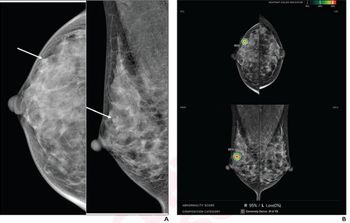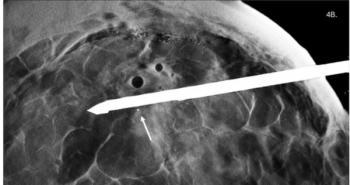
Toshiba develops 3-D ultrasound probe
Add Toshiba to the list of companies developing 3-D ultrasoundtechnology. The company's Toshiba Medical Systems Europe subsidiaryin Zoetermeer, the Netherlands, has announced that it has developeda new transducer for 3-D imaging in obstetric
Add Toshiba to the list of companies developing 3-D ultrasoundtechnology. The company's Toshiba Medical Systems Europe subsidiaryin Zoetermeer, the Netherlands, has announced that it has developeda new transducer for 3-D imaging in obstetric applications.
Toshiba claims that the probe, called volume imaging transducer(VIT), is capable of real-time 3-D imaging, in which 3-D imagesare viewed during actual scanning. Most other 3-D ultrasound technologiesrequire a delay for image processing after cross-sectional slicesare acquired.
The VIT probe is a convex-array transducer that does not requireadditional devices or external computers. It can be connectedto a number of Toshiba scanners, including SSA-270A Super HG,SSH-140A Super HG, Eccocee CX, SSA-250A, and Tosbee.
In other Toshiba ultrasound news, the company's Toshiba AmericaMedical Systems subsidiary in Tustin, CA, said that it has setup a network of regional sales agents to sell its Capasee compactob/gyn scanner to private practice physicians. Toshiba believessuch a network is the most effective way to target office-basedphysicians, according to Dean Winter, director of ultrasound businessunit sales.
Newsletter
Stay at the forefront of radiology with the Diagnostic Imaging newsletter, delivering the latest news, clinical insights, and imaging advancements for today’s radiologists.














